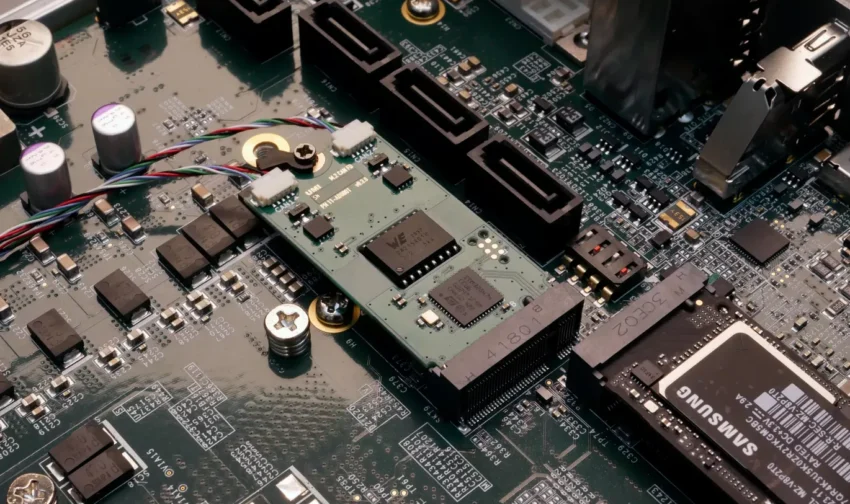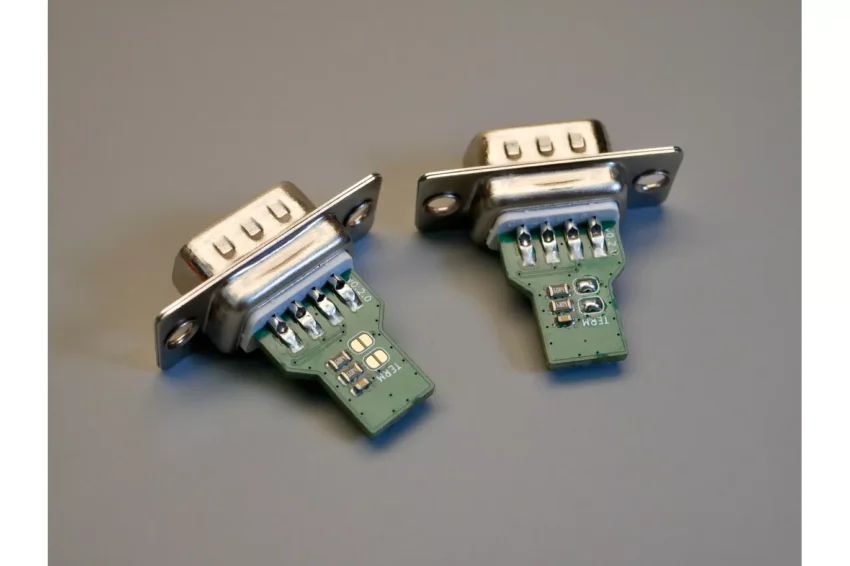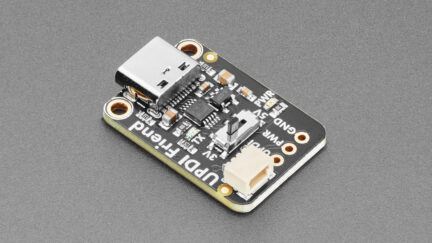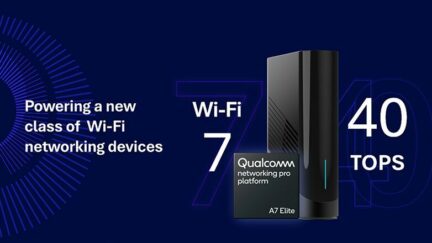UMI CAN FD Adapter with M.2 B-Key and Mini-PCIe Supports CAN FD and CAN 2.0B for Industrial and Embedded Systems
Universal Machine Intelligence (UMI) has introduced a CAN FD Adapter for adding CAN connectivity to embedded systems via M.2 or mini-PCIe interfaces. It features two high-speed CAN FD interfaces (12.5 Kbit/s to 8 Mbit/s) and supports industrial and embedded applications. Powered by an STM32G4x4 32-bit MCU, the adapter communicates with the host via USB 2.0. […]
Universal Machine Intelligence (UMI) has introduced a CAN FD Adapter for adding CAN connectivity to embedded systems via M.2 or mini-PCIe interfaces. It features two high-speed CAN FD interfaces (12.5 Kbit/s to 8 Mbit/s) and supports industrial and embedded applications.
Powered by an STM32G4x4 32-bit MCU, the adapter communicates with the host via USB 2.0. It includes two CAN FD buses (up to 5 Mbps) and one CAN 2.0b bus (1 Mbps), with a Wurth Digital Isolator for functional isolation. Other features include a built-in termination switch, transient protection (12V, 24V, 48V), and low power consumption.
With a compact 2.6mm profile, it comes in mini-PCIe and M.2 B Key variants. The M.2 version has a breakaway design supporting multiple slot sizes (2242–2280) for flexible integration into embedded Linux systems.
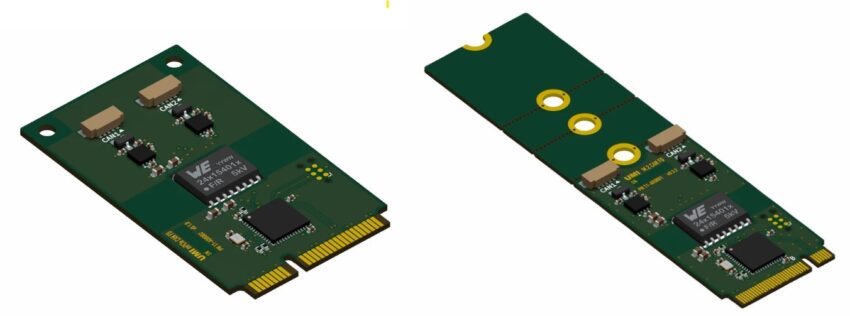
CAN FD adapter specifications:
- Dual CAN interfaces: Supports two independent CAN FD channels with 5 kVRMS isolation
- CAN FD data rates: Speeds range from 12.5 Kbit/s to 8 Mbit/s
- Connector options: Standard dual DB9 breakout connectors (optional M12-A connectors)
- Protocol support: Compatible with CAN 2.0A and CAN 2.0B (ISO 11898-1)
- Baud rate: Supports up to 5 Mbit/s
- Breakaway design: Supports M.2 slot sizes 2242, 2252, 2260, and 2280
- Power protection: Transient protection for 12V, 24V, and 48V systems
- Low power consumption: Optimized for minimal energy usage
- Industrial temperature range: -40°C to +105°C
- Dimensions: 51 mm x 30 mm (mini-PCIe module)
Two bus connector options are available: DB9 and M12. Both connectors are compatible with both form factor variants of the adapter. The bus connectors include onboard terminations that can be enabled or disabled by shorting solderable jumper pads, improving common-mode noise performance.
Designed for industrial environments, UMI’s CAN FD adapter is ideal for applications like industrial monitoring and control, robotics, production line automation, SCADA integration, Bus monitoring and error detection, hardware-in-the-loop testing, remote system access, data logging, and embedded computing.
Mini-PCIe CAN Bus adapters like the Waveshare 2-CH CAN MiniPCIe and CAN-PCIeMiniHS/402 have previously offered isolated CAN Bus functionality. However, UMI’s CAN FD adapter is one of the first available in the M.2 format.
According to the GitHub repository, the firmware supports triple sampling, one-shot transmission, CAN FD (ISO 11898-1:2015), and bitrate switching, making it suitable for various CAN-based applications. However, it does not include loopback mode, listen-only mode, hardware timestamps, bus error reporting, presumed ACK, or transceiver delay compensation. UMI’s documentation provides instructions for initializing the CAN interface via the command line or systemd at boot. Firmware updates can be managed using the UMI command-line tool or manually with utilities like dfu-util.
The CAN FD adapter is available in M.2 B Key and mini-PCIe form factors with DB9 and M12 connector options. It is priced at $200 AUD (~$129 USD) on the UMI product page. The M.2 variant with two isolated interfaces costs around $120 on Tindie, with the mini-PCIe version featuring two DB9 breakout connectors available at the same price.
